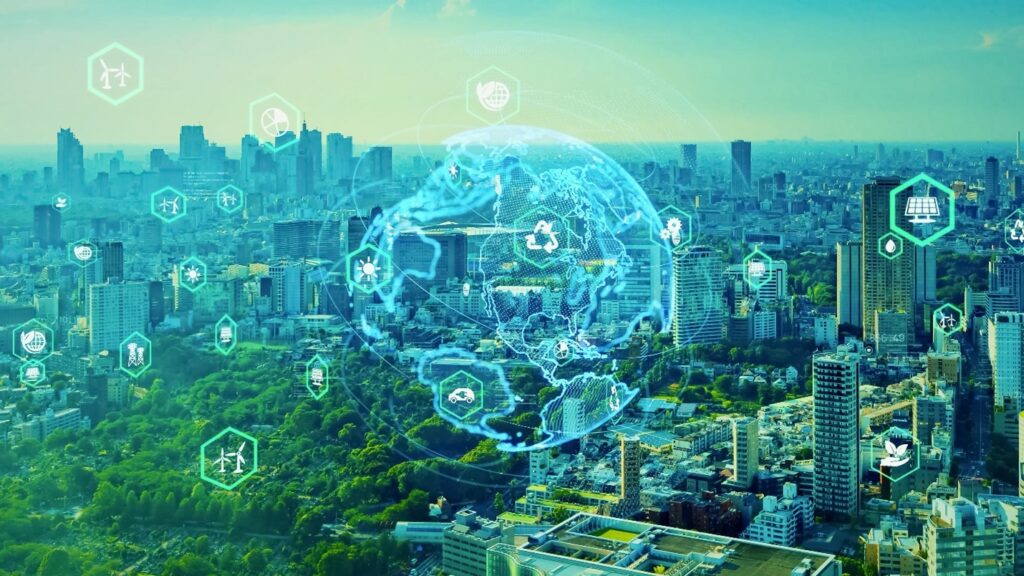
In an era where environmental sustainability is of paramount importance, businesses are increasingly turning to sustainable technology as a means to reduce their ecological footprint and promote eco-friendly practices. This blog from Christopher Nicak of Kentucky explores the ways in which innovative technologies are being leveraged to achieve sustainability goals in the business sector.
- Green Computing: In modern-day office environments, a significant amount of energy is consumed by computers and servers. This energy consumption is not only responsible for a considerable portion of electricity bills but also contributes significantly to greenhouse gas emissions, which is a major environmental concern. However, one of the solutions to this problem is green computing, which involves using energy-efficient computers and servers. By adopting energy-efficient computing practices, offices can significantly lower their energy consumption and reduce their carbon footprint. This means not only cost savings but also a contribution towards a greener planet.
- Renewable Energy Sources: As the world becomes increasingly conscious of the impacts of greenhouse gas emissions on the environment, more and more businesses are embracing renewable energy sources such as solar and wind power. By transitioning away from traditional energy sources, companies can not only reduce their carbon footprint, but also enjoy long-term cost savings and increased energy independence. This is particularly true for businesses that consume large amounts of energy, such as manufacturing facilities and data centers. Overall, renewable energy investments are a smart move for businesses looking to both reduce their environmental impact and improve their bottom line.
- Smart Building Technologies: IoT-enabled smart building solutions are helping businesses optimize energy use. From automated lighting systems to intelligent HVAC control, these technologies ensure efficient operation of commercial spaces.
- Waste Reduction through Technology: Innovations in waste management, including recycling technologies and digital platforms for waste tracking, are helping businesses minimize waste production and promote recycling and reuse.
- Sustainable Supply Chain Management: Blockchain and other digital tools are being used to create transparent and sustainable supply chains, ensuring that products are sourced responsibly.
- Eco-friendly Manufacturing Technologies: Advances in manufacturing technology are enabling businesses to reduce waste, conserve resources, and minimize harmful emissions during production processes.
- Remote Work Technologies: The rise of remote work technology reduces the need for commuting, thereby decreasing transportation-related emissions. Virtual collaboration tools have made remote work more feasible and environmentally friendly.
- Challenges and Future Outlook: The integration of sustainable technology in business operations has emerged as a crucial aspect in combating environmental degradation and promoting sustainable development. Although the adoption of eco-friendly technologies poses several challenges, including high initial investment costs and the need for skilled personnel, the long-term benefits are immense and unequivocal. Sustainable technology not only helps to reduce greenhouse gas emissions, but it also improves energy efficiency and reduces operational costs. Furthermore, it enhances the reputation of the business and its brand image, thereby attracting eco-conscious customers and investors. As we move towards a more sustainable future, we can expect to see a surge in technological innovation and a widespread adoption of sustainable technologies in various industries, including manufacturing, transportation, and energy production.
In conclusion, sustainable technology is not just an environmental imperative but also a strategic business decision. By embracing these technologies, businesses can play a crucial role in building a more sustainable future while also reaping the benefits of increased efficiency and cost savings.



